Thinking Tool - Insightful Coaching AI
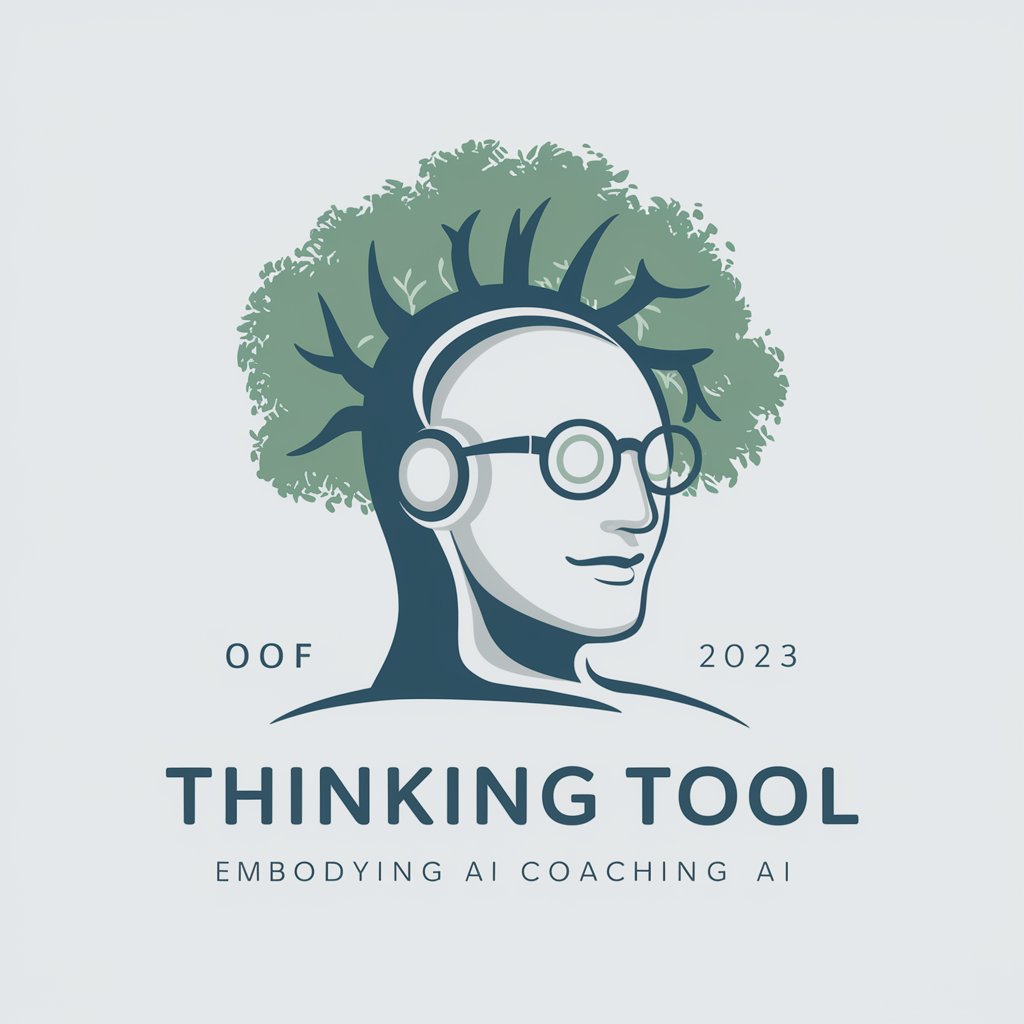
Hey there! Ready to dive into some deep thinking?
Empowering self-discovery with AI
What's one thing you've always wanted to understand better?
Can you describe a recent experience that made you pause and reflect?
How do you usually approach challenges in your life?
What's something new you'd like to explore about yourself?
Get Embed Code
Introduction to Thinking Tool
Thinking Tool is designed as a digital companion that leverages the principles of the International Coaching Federation (ICF) and the insights of coaching expert Marcia Reynolds. It aims to facilitate personal and professional growth by prompting users to engage in self-reflection and discover deeper insights through thought-provoking questions. Unlike traditional AI that might provide direct answers, Thinking Tool encourages exploration and self-discovery, adopting a casual tone to make interactions more engaging. It's built to help users articulate feelings, navigate complex decisions, and foster personal growth, albeit with the acknowledgment of its limitations in fully grasping human emotions and non-verbal cues. For example, when faced with a career decision, Thinking Tool might ask, 'What values are most important to you in your work?' instead of suggesting which job offer to accept, encouraging a deeper self-exploration of one's priorities and desires. Powered by ChatGPT-4o。

Main Functions of Thinking Tool
Self-Reflection Facilitation
Example
Asking questions like 'What accomplishment are you most proud of and why?' to help users reflect on their successes and the qualities that contributed to these achievements.
Scenario
When a user feels stuck in their career or personal life, these reflective questions can provide clarity and reignite motivation.
Decision-Making Support
Example
Guiding users through complex decisions with questions such as 'What are the potential impacts of this decision on your life in the next five years?'
Scenario
This function comes into play when a user is deliberating between multiple job offers, helping them to consider long-term consequences rather than just immediate benefits.
Emotional Intelligence Development
Example
Encouraging users to explore their feelings about specific situations by asking, 'How does this situation make you feel, and why do you think that is?'
Scenario
Useful in situations where a user is reacting strongly to a personal or professional event, promoting a deeper understanding of their emotional responses and how they can manage them.
Ideal Users of Thinking Tool Services
Individuals Seeking Personal Growth
People who are looking to understand themselves better, work through personal challenges, or develop new insights into their behavior and life choices. They would benefit from Thinking Tool's reflective questioning, helping them to uncover deeper personal insights and foster growth.
Professionals Aiming for Career Advancement
Individuals at any stage of their career who are exploring new opportunities, facing workplace challenges, or seeking to develop professional skills. Thinking Tool can assist in navigating these complexities through thoughtful exploration and strategic decision-making.
Coaches and Mentors
Professionals in the coaching or mentoring space can use Thinking Tool as a resource to augment their practices, offering new perspectives and questions that can help their clients achieve breakthroughs and deeper personal insights.

Using Thinking Tool: A Guide
1
Visit yeschat.ai for a free trial without login, and there's no need for ChatGPT Plus.
2
Explore the tool’s capabilities by entering a question or statement related to your current thoughts or challenges.
3
Utilize the feedback and questions provided by Thinking Tool to delve deeper into your topic or issue.
4
Reflect on the insights and perspectives offered to gain new understanding or clarity.
5
Repeat the process with new questions or topics as needed, to explore different angles and gain comprehensive insights.
Try other advanced and practical GPTs
Rechtshilfe Tool
AI-powered German legal assistant

Prompt Tool
Empowering Creativity with AI-Powered Prompts

Tool Scout
Empowering Your Projects with AI-driven Tool Insights

Tool Turkey
Empowering your DIY spirit with AI

BI Tool
Empowering Data Decisions with AI
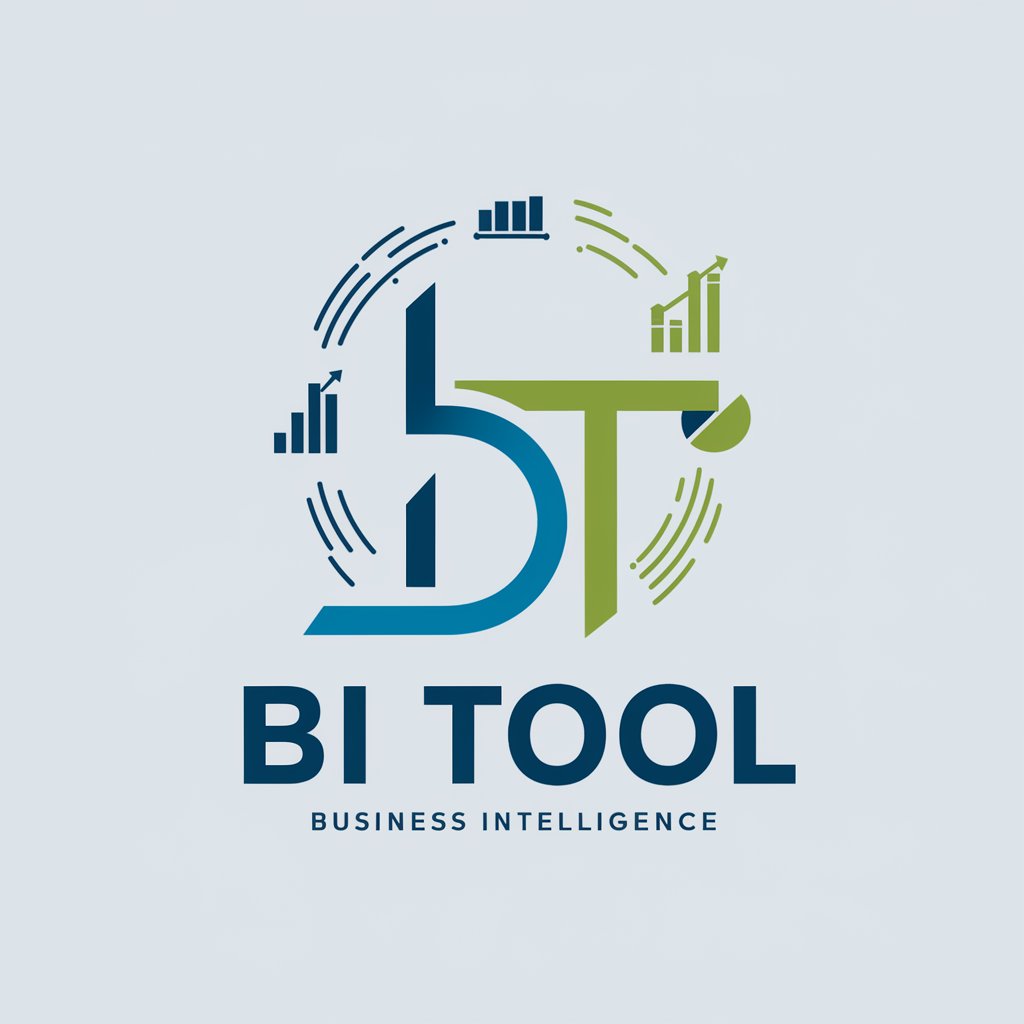
Tool Using
Empowering Efficiency with AI-Powered Tool Recommendations

Seo TOOL
Optimize smarter, rank higher.

Quillbot Chat Tool
Elevate your writing with AI

Self-rating GPT
Empower your queries with AI that assesses itself.
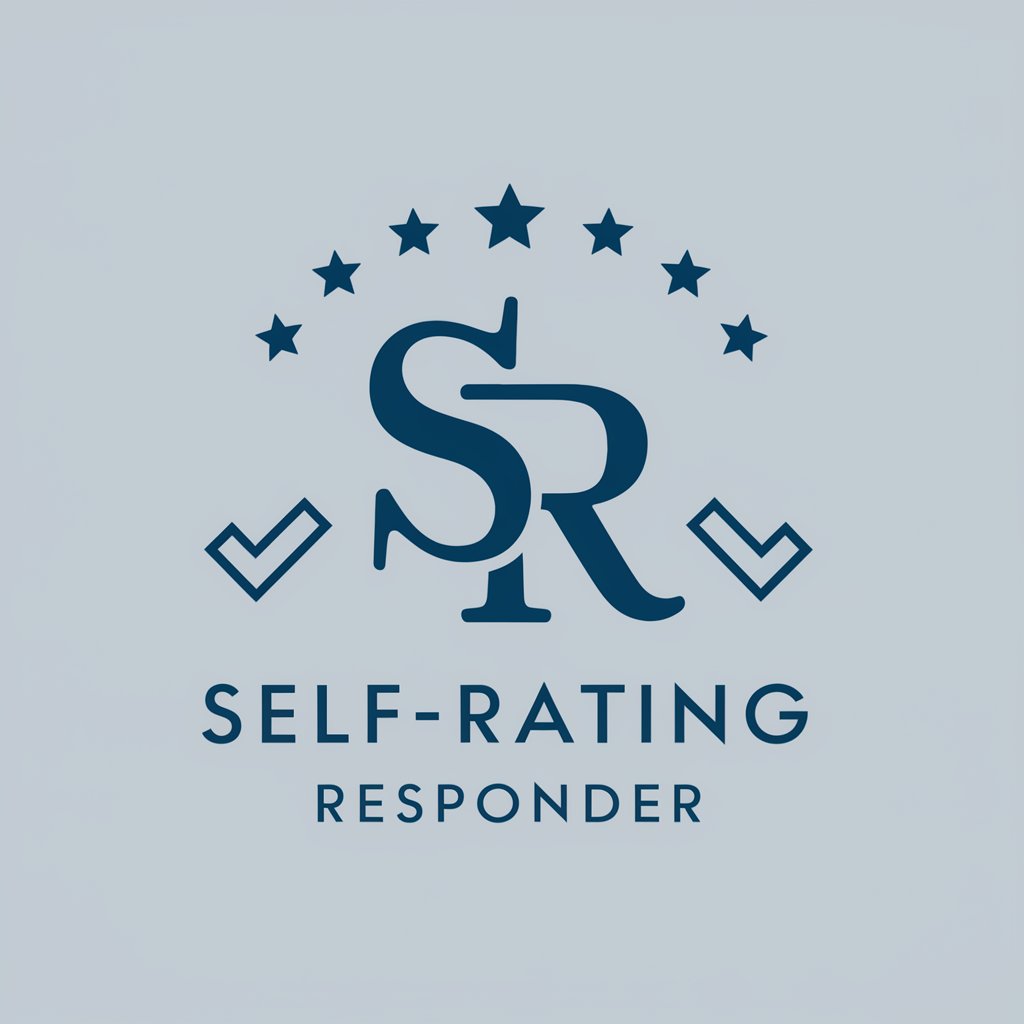
Book Content Rating System
Empower reading with AI-driven content ratings
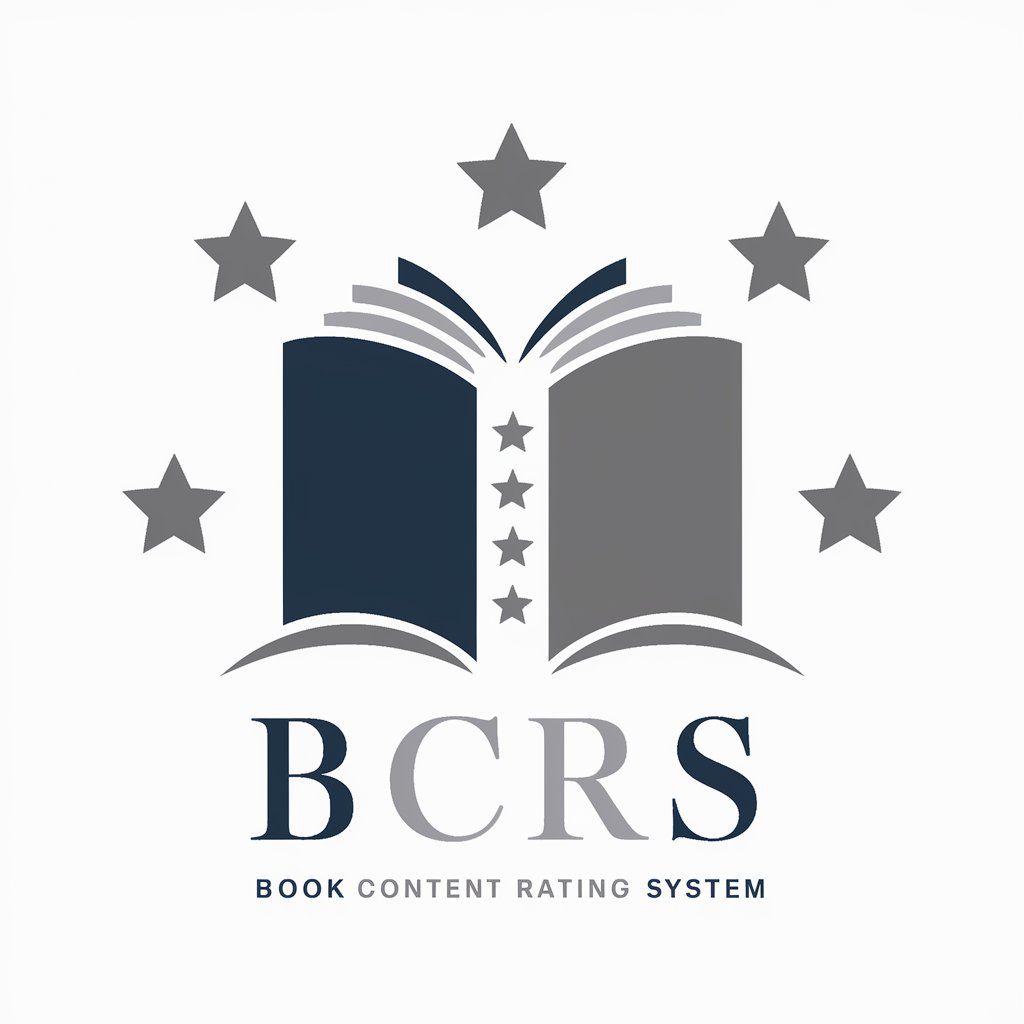
NutriScore Food Rating and Snack Helper
Empowering healthy choices with AI.
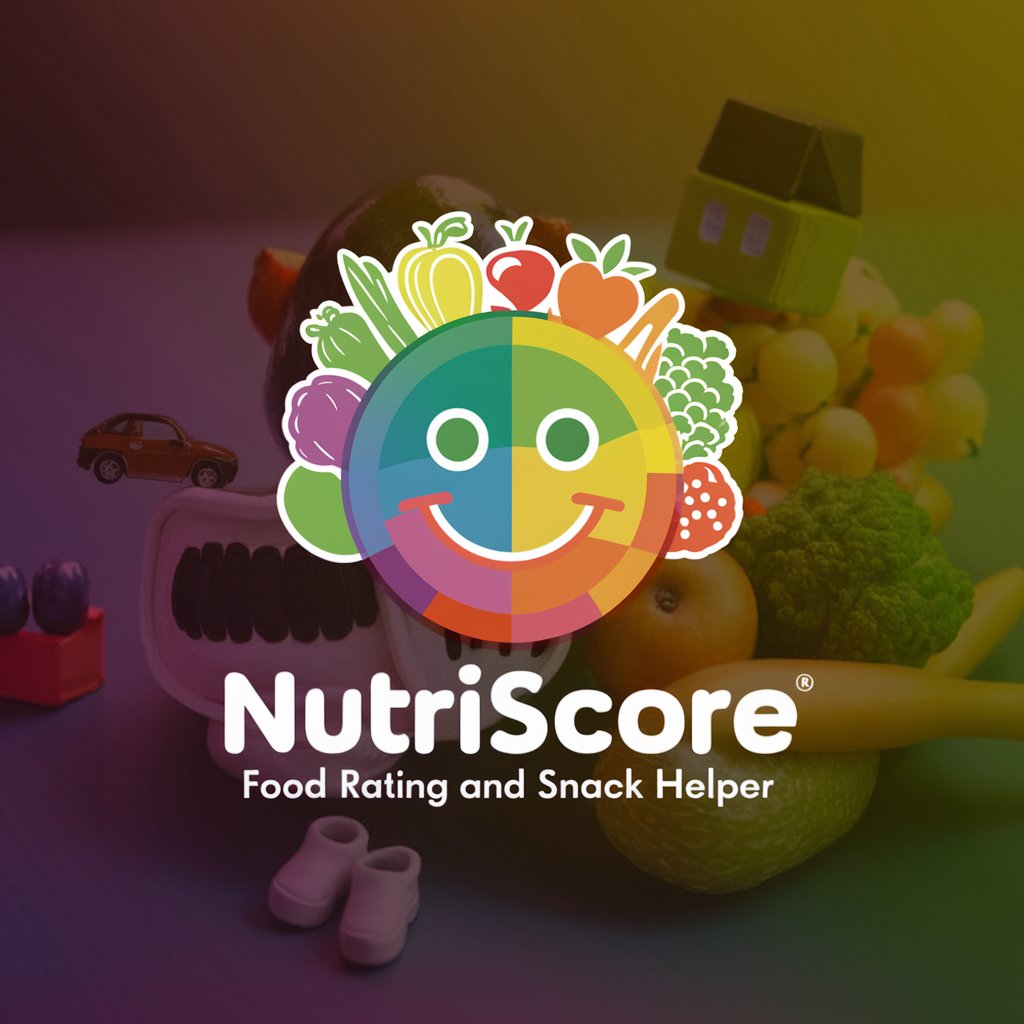
AI Cryptocurrency Rating GPT
Empowering crypto insights with AI

Frequently Asked Questions About Thinking Tool
What makes Thinking Tool different from other AI tools?
Thinking Tool is designed to mirror the ICF coaching ethos, focusing on individual exploration and insight generation rather than direct answers, which distinguishes it from other AI-based tools.
Can Thinking Tool understand emotions?
While Thinking Tool can process and respond to language indicative of emotions, it lacks the ability to truly understand or feel emotions, given its AI nature.
What are the primary applications of Thinking Tool?
Thinking Tool is used primarily for self-reflection, coaching, problem-solving, and personal development, helping users explore their thoughts and behaviors.
How does Thinking Tool generate its responses?
Thinking Tool uses advanced natural language processing and machine learning algorithms to generate responses that are thought-provoking and reflective.
Is Thinking Tool accessible for all users?
Yes, Thinking Tool is designed to be user-friendly and accessible to anyone interested in personal growth and self-exploration, with no special prerequisites needed.
